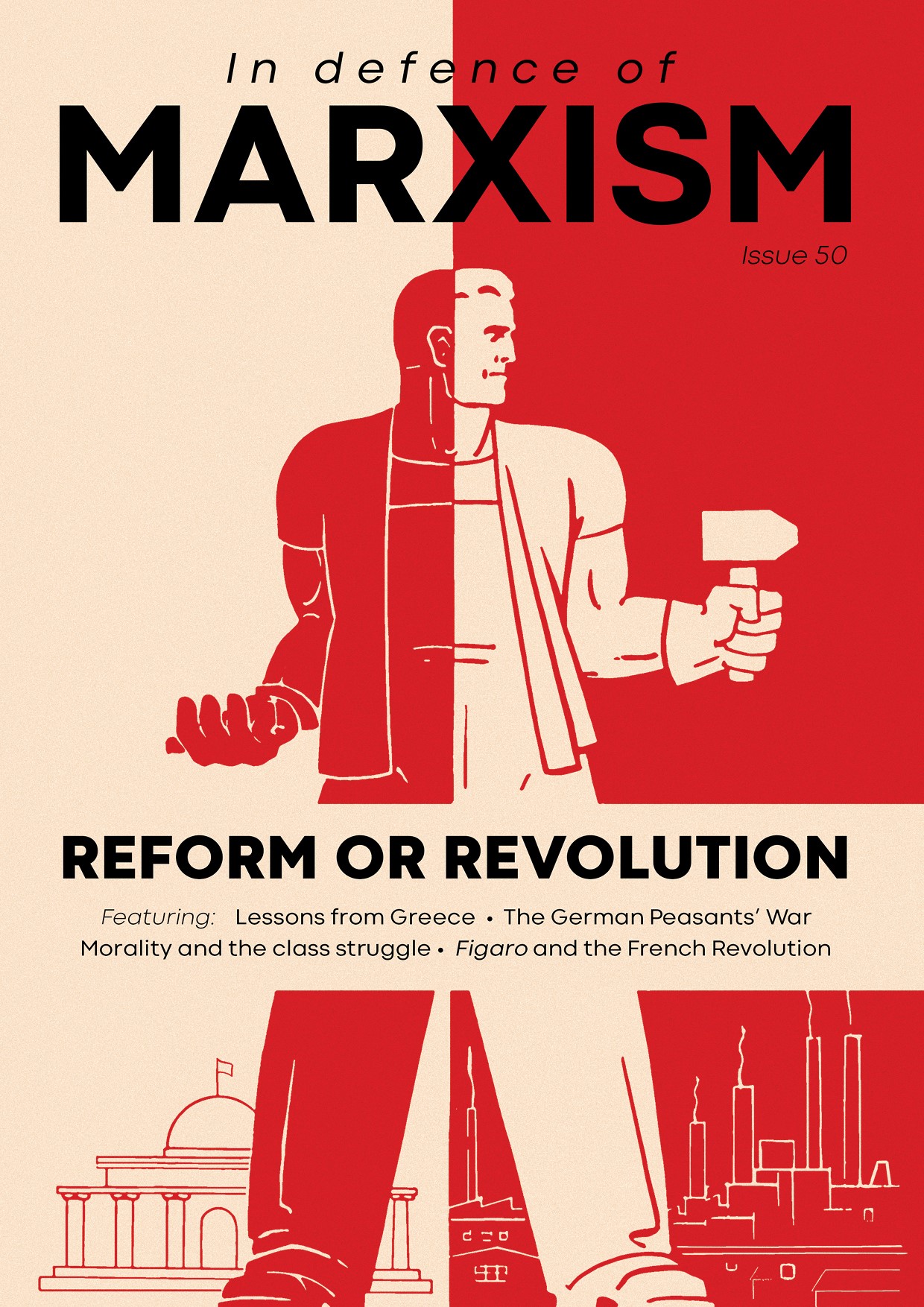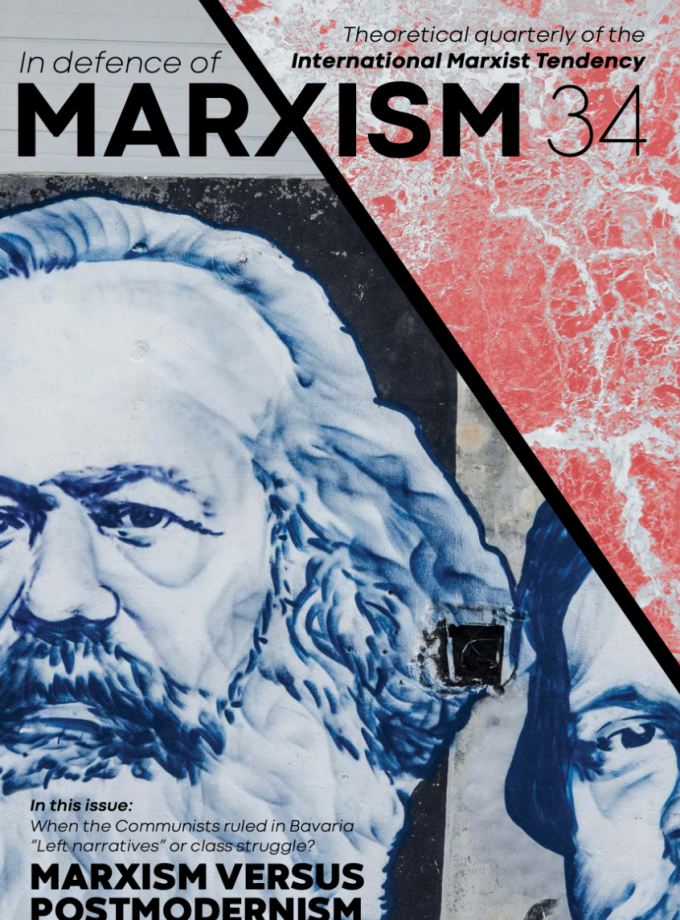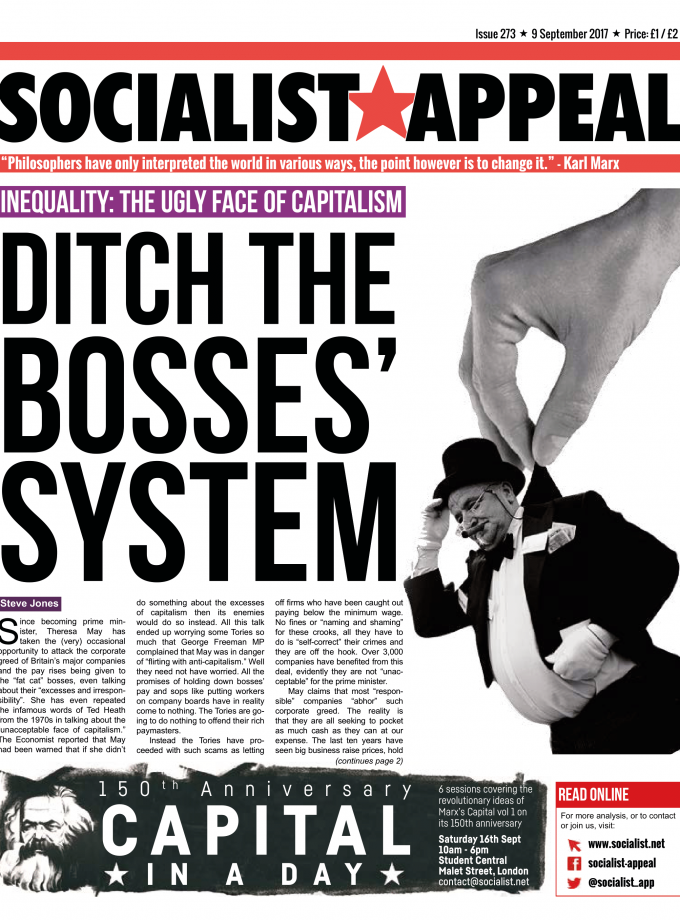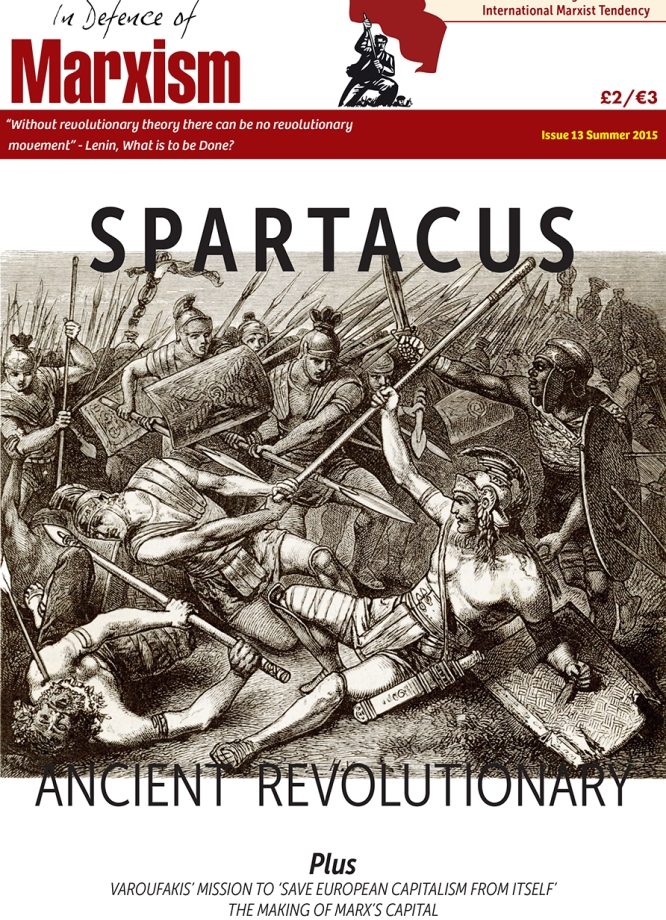| Weight | 0.2 kg |
|---|
The latest issue of the In Defence of Marxism magazine will be released on 15 July. An important thread in this issue is the struggle between reformism and revolution, which can be observed throughout the history of the class struggle.
The editorial, entitled ‘The Struggle Against Reformism’ explains the relationship between the struggle for reforms under capitalism, reformism, and revolution. In particular, it tackles the question of the development of revolutionary consciousness through the struggle for reforms, how this comes into conflict with the limits of reformism, and the role of communists in this process.
Arturo Rodriguez has written the lead article in this issue: ‘Lessons from Greece’, which is a detailed retrospective on the Greek crisis from 2010-2015. Using the experience of the left-reformist Syriza government, he draws out all the key lessons on the limitations of reformism, which emerged clearly in this struggle.
Looking back much further in history, Lukas Kutschera’s article: ‘The German Peasants’ War’, gives an overview of what amounted to the first bourgeois revolution, 500 years ago. The article explains the origins of the war, the interests of the various classes involved, and why it ultimately ended in defeat for the peasants. As is typical in all such movements, the question of reform versus revolution arose, with Thomas Müntzer articulating the most radical ideas of the struggle.
The issue also includes an article by Hélène Bissonnette on ‘Morality and the Class Struggle’. The article explores the hypocritical nature of ‘official’ morality under class society, and how it goes into crisis at a certain stage. Whilst the ruling class uses its morality as a cynical tool, the reformists take them at their word and prove incapable of breaking free from its pressure.
The issue ends with an article from the archive by Alan Woods on ‘Figaro and the French Revolution’. In it he explains the subversive nature of Mozart’s opera, ‘The Marriage of Figaro’, and how it revolutionised the art form. Importantly, he shows how although Mozart was not a revolutionary, his operas gave expression to the growing ferment in society, which culminated in the French Revolution only a few years later.














 No products in the basket.
No products in the basket. 